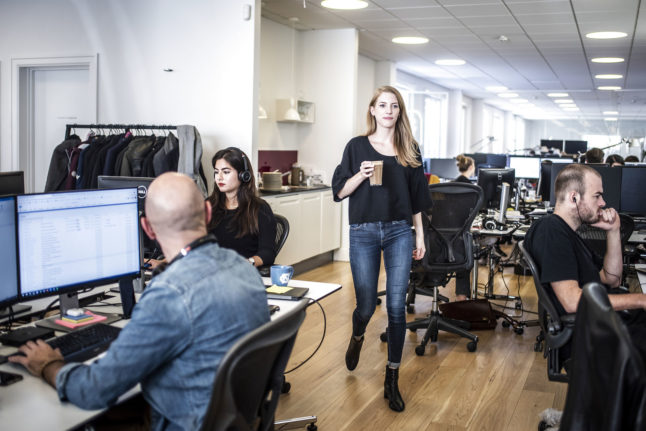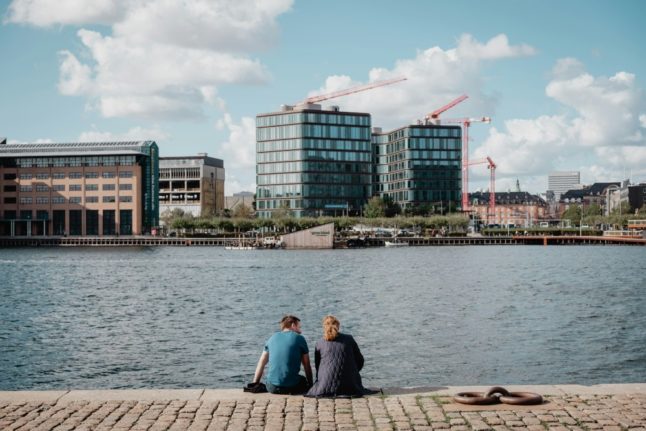Does Denmark have a distinctive management style?
“I would guess so. Of course it’s somewhat in line with other Northern European styles, which is relatively democratic with a low power style. In a Danish workplace, everyone can voice an opinion and even managers need to ask employees for their point. This is similar to Norway and Sweden but it’s been argued that the Danish style is more informal and less consensus-seeking than other Nordic countries.
“If you compare Danish management to Germany and the U.K., it is quite different. There are not many layers in the Danish company, perhaps just three layers of employee, middle manager and top manager. In a British organisation for example there are seven to eight layers.
“The Nordic style of management is more similar but that’s the same with the cultural values in those countries.”
Where does the Danish leadership style come from?
“It relates to national cultural values, which in Denmark are about having equality and respect for everyone. Whether it’s always fulfilled, we don’t know but the idea is there and it’s something to strive for. Participation, involvement and inclusion are key elements of it. It’s perceived negatively if people are striving for power.
“In Denmark, the ideal manager is very much part of the workforce. They help the workforce with the job and do not have to actually lead them. This idea of being equal can mean it’s more demanding for workers, especially the lower levels as they are expected to know what do do by themselves and get on with things when they run out of work.
“This can be hard cross-culturally. If Danish managers go abroad, they can get quite frustrated that people don’t organise themselves and take initiative.”
Does this leadership style cause cultural clashes?
“Yes, it seems to be generally that when Danish managers go abroad, they expect far too much from the workers. But these workers don’t have the salary that goes with the Danish responsibility, so they’re not interested in taking that on. Something core to Danish workplace relations, is that everyone wants to take responsibility, that’s how you get status. In the UK for example, it is more to have a form of power and some managers lead but don’t take part in the work.”
What challenges do people face when they move to Denmark to work?
“When foreign people come to work in Denmark, it takes time for them to get used to an informal way of working and a lot of informal values.
“In a Danish workplace, there are no clear hierarchies, so it is much more of a cultural balance of taking responsibility and having freedom.
“For example, if there’s fruit in the office, you can take it freely. But some people might come and take it home to their family. This is not allowed but it’s not a written rule, you’re just expected to know. Similarly, your workplace may say you can work from home but really only for two days a week. But there are no written rules on that. We don’t have explicit rules but they are still there and Danish people know when not to step over the line.
“So it can be quite difficult for foreign workers to know, ‘What is my responsibility and what is my freedom?'”
How good is Denmark’s work-life balance for managers?
“Denmark is usually known to have fairly good work life balance but in a family, both parents tend to work full-time.
“The standard working week is 37 hours and there’s some flexibility, so for example one parent can go into work early and the other come home later, so you can be with your children. But it also means that all children are in nursery or kindergarten. It is very uncommon for one parent not to have a career, or to be at home with children. So you can say work-life balance is quite good but it also means both people are quite busy.”



 Please whitelist us to continue reading.
Please whitelist us to continue reading.
Member comments